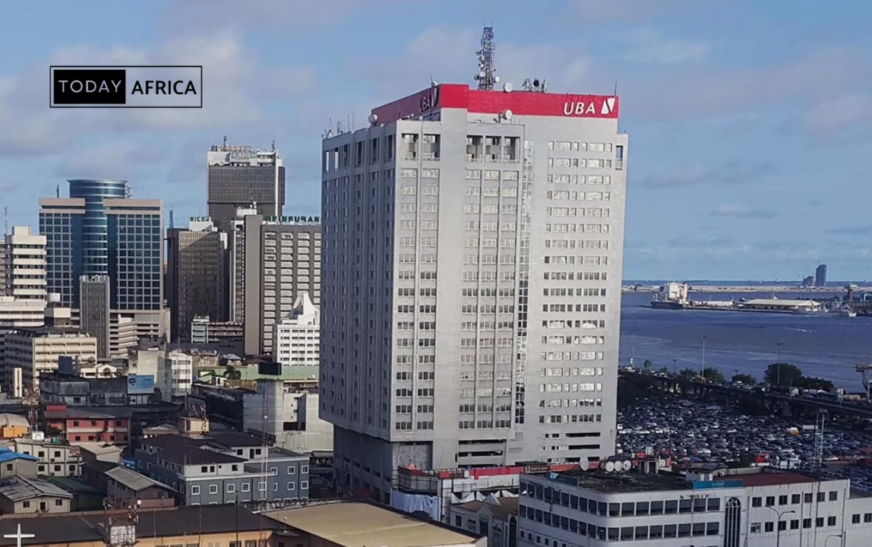United Bank for Africa (UBA) lost ₦1.14 billion to fraud in 2024, even as the Nigerian lender reported a profit after tax of ₦766.6 billion ($493 million), according to its latest audited financial statements.
The losses, primarily from electronic fraud and unauthorised transfers, highlight the ongoing battle Nigerian banks face against rising fraud.
UBA disclosed that ₦4.9 billion ($3.15 million) worth of transactions were linked to fraudulent activities in 2024, with 23% translating into actual losses. Electronic fraud accounted for the largest portion, costing the bank ₦805 million ($518,000), while fraudulent transfers led to ₦314 million ($202,000) in losses—88% of the value involved in such cases.
Although its losses represent a small fraction of UBA’s record-breaking annual profit, they underscore the vulnerability of even the most profitable financial institutions to fraud. UBA’s profit after tax of ₦766.6 billion ($493 million) marks a significant 26% increase from ₦607.7 billion ($391 million) in 2023.
UBA’s disclosure – the first from the bank since 2012—comes at a time when Nigerian banks are under increased pressure to fight fraud. Nigerian banks lost ₦10.1 billion ($6.7 million) to fraud in Q3 2024, a 76.4% decline from the previous quarter according to a Financial Institutions Training Centre (FITC) report.
FITC report
Yet, the rising sophistication of fraudsters continues to pose a challenge to even the most robust security systems. According to the FITC report, outsider involvement in fraud cases surged by 70.4% between Q2 and Q3 2024, while staff-related fraud increased by 54% during the same period.
“There is no fraud involving management or other employees who could have any significant role in the bank’s internal control,” UBA said in its financial statements.
The rise in fraud incidents comes amid broader financial pressures in Nigeria’s banking sector. In January, the Central Bank of Nigeria directed NIBSS to debit the settlement accounts of commercial banks that receive fraud proceeds, a move aimed at forcing banks to tighten internal controls and curb illicit financial flows.
Read Also: Kenyan court dismisses lawsuit claiming Safaricom copied “Reverse Call” idea
UBA’s disclosure marks a shift toward transparency in Nigeria’s banking sector, where many institutions still choose to downplay fraud risks for fear of suffering reputational harm.
Only 60 of 163 financial institutions in Nigeria reported fraud cases in 2023, according to a Nigeria Inter-Bank Settlement System (NIBSS) report. As financial crime grows more sophisticated, regulators and banks have their work cut out: strengthen controls while maintaining customer trust.
Leave a comment below and follow us on social media for update:
- YouTube: Today Africa Studio
- Facebook: Today Africa
- Instagram: Today Africa
- Twitter: Today Africa
- LinkedIn: Today Africa
















